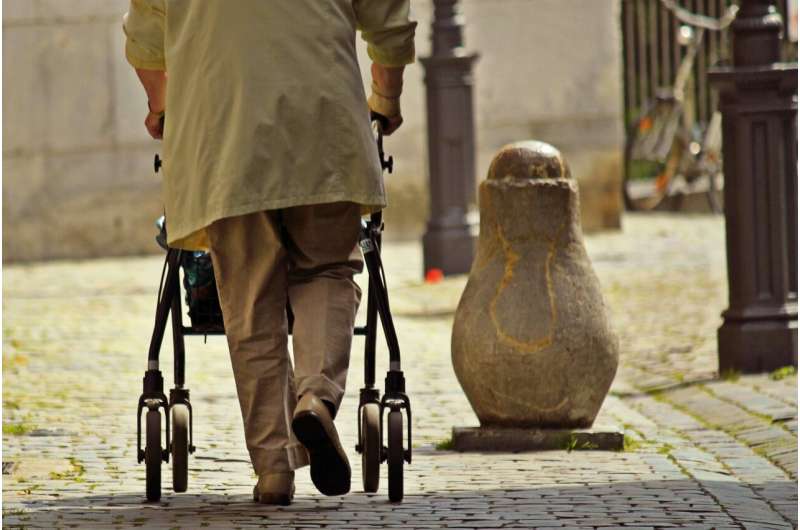A Positive Attitude Toward Aging Enhances Recovery in Seniors After Falling

A positive outlook on aging significantly boosts physical recovery in seniors after falls, reducing dependency and inactivity. New research emphasizes the role of psychological health in aging well.
Recent research from Imperial College London and Coventry University highlights the significant impact psychological factors have on physical recovery in older adults who experience falls. The study reveals that seniors with a more positive outlook on aging tend to recover better after a fall, exhibiting fewer physical limitations and a quicker return to independence.
Falls are a major health concern among older populations, often leading to disability, hospital stays, and dependency on others for daily activities. The economic burden is considerable, with the NHS facing costs of approximately £5 million daily. Despite this, not all seniors who fall suffer long-lasting damage, making it crucial to understand the factors that influence their recovery.
The study, published in the Journal of the American Geriatrics Society, examined nearly 700 adults aged 60 to 90 across England who had not experienced recent falls. Participants' beliefs and attitudes about aging were assessed through questionnaires, and researchers monitored their recovery following falls in the subsequent year. Key metrics included walking speed post-fall, dependence on help for daily activities, and physical activity levels.
Findings demonstrated that those with a positive perception of aging—such as believing that age does not limit their abilities—were significantly less likely to encounter physical decline after a fall. These individuals were 162% less likely to walk slowly, 200% less likely to depend on assistance for daily activities, and 123% less likely to be inactive, regardless of age, gender, depression, or injury severity.
Lead researcher Dr. Toby Ellmers noted that a more positive mindset appears to shield older adults from adverse physical outcomes post-fall. Co-lead Dr. Mathew Hill emphasized that this is the first research to directly connect aging-related beliefs with physical recovery, opening the door to potentially transform aging experiences through psychological interventions.
Experts suggest that simple strategies, such as discussions about the positive aspects of aging with friends or family, might foster healthier mindsets and improve recovery prospects. The study underscores the importance of addressing psychological factors alongside physical health to enhance quality of life among seniors.
While the research highlights a strong association, it does not establish causality, and further studies are needed to explore whether changing negative beliefs about aging can actively improve recovery outcomes after falls.
Source: https://medicalxpress.com/news/2025-05-positive-mindset-aging-60s-linked.html
Stay Updated with Mia's Feed
Get the latest health & wellness insights delivered straight to your inbox.
Related Articles
Virtual Reality Therapy Shows Promise in Rapidly Treating Psychosis Symptoms
Studies show that virtual reality therapy provides a faster and effective treatment option for individuals with psychosis, reducing symptoms like paranoia and anxiety more quickly than traditional methods.
How Young Children Recognize Emotions Through Music
Discover how young children recognize emotions through music, the impact of callous-unemotional traits on this ability, and the potential of music in emotional development and therapy.
Global Analysis Highlights Critical State of Adolescent Health at a Crossroads
A new Lancet analysis warns that over one billion adolescents will face critical health threats by 2030, with rising obesity, mental health issues, and climate change challenges demanding urgent action.
Decline in NHS Mental Health Trials Leads to Missed Opportunities for Patients
The NHS has experienced a 44% decline in mental health clinical trial recruitment over five years, leading to missed treatment opportunities for patients and increased reliance on private research organizations. Experts call for improved investment and patient compensation strategies to reverse this trend.



